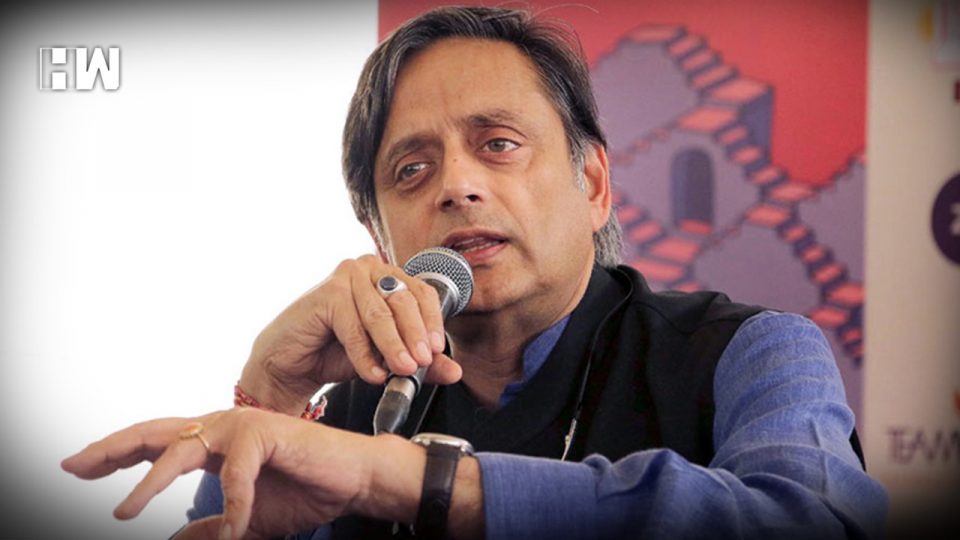“If CAA would lead to NPR and NRC, it would follow the same line. If that happens, you can say that Jinnah’s victory is complete
New Delhi: Senior Congress leader and Parliamentarian Shashi Tharoor said on Sunday that Pakistan’s founding father Muhammad Ali Jinnah’s victory will be complete if the Citizenship Amendment Act leads to the National Register of Citizens (NRC) in which a huge section of the population would be deprived of its rights if it couldn’t manage to prove its Indian citizenship.
When questioned about his statement that “CAA implementation would be the fulfillment of Jinnah’s two-country theory” at the Jaipur Literature Festival, Tharoor said, “I do not say Jinnah has won but he is winning.”
“If CAA would lead to NPR and NRC, it would follow the same line. If that happens, you can say that Jinnah’s victory is complete. From wherever Jinnah is, he would say he was right that Muslims deserve a separate country because Hindus can’t be just towards the Muslims,” Tharoor added.
Jinnah was a strong supporter of the two-country theory that says Hindus and Muslims are two separate peoples belonging to two different religious philosophies with different social customs and literature.
On Friday, the parliamentarian from Thiruvananthapuram, who has been a vocal critic of the CAA and proposed implementation of the NRC, said the two-country theory (that led to the formation of Pakistan) was first advocated by Hindutva ideologue Veer Savarkar.
“The first advocate of the two-nation theory was actually Savarkar, as head of Hindu Mahasabha, who called upon India to recognize Hindus and Muslims as two separate nations, three years before Muslim League passed the Pakistan resolution in Lahore,” said Tharoor.
He also said during the time of Partition, the biggest question was “should religion be the determinant of nationhood”.
Tharoor said a “vast majority on the Indian side led by Mahatma Gandhi and Jawaharlal Nehru, and many others said ‘no, religion does not decide your identity, it does not decide your nationhood, we fought for the freedom of everyone and created an India for everyone’”.
“Savarkar said a Hindu was an Individual for whom India was his ‘pitrabhumi’ (the land of his ancestors), and his ‘punya bhumi’ (his holy land). So, by Savarkar’s definition, Hindus, Sikhs, Buddhists, and Jains filled both the categories but Muslims and Christians did not,” Tharoor said, adding the Hindutva movement “explicitly rejected the Constitution”.
The agitation has erupted in many parts of India over the CAA ever since it was passed on December 11 by Parliament and has led to clashes at several places in which few people died.
As per the CAA members of Hindu, Sikh, Buddhist, Jain, Parsi and Christian faith who have come from Pakistan, Bangladesh, and Afghanistan till December 31, 2014, due to religious persecution there will not be treated as illegal immigrants but given Indian citizenship.
Many critics fear the effect of the Act and implementation of NPR and NRC would target Muslim citizens, many of whom may not be able to provide the required details.
As an independent media platform, we do not take advertisements from governments and corporate houses. It is you, our readers, who have supported us on our journey to do honest and unbiased journalism. Please contribute, so that we can continue to do the same in future.

